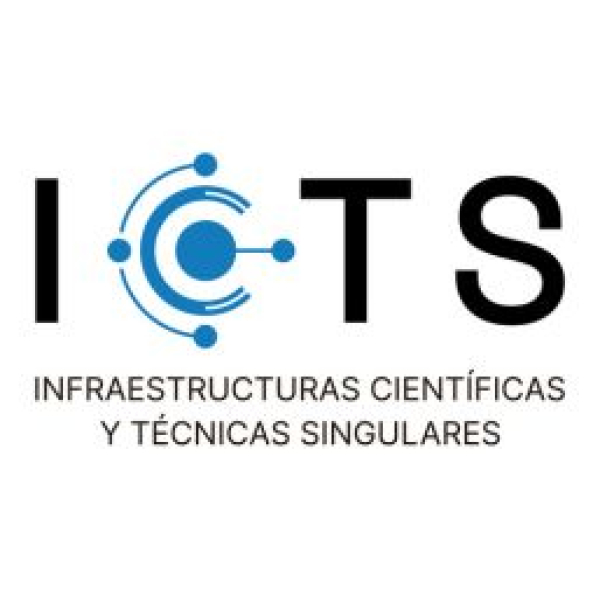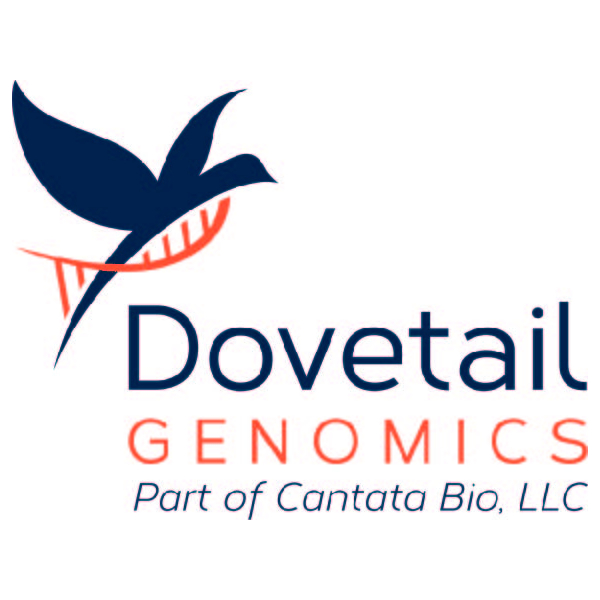
ELIXIR has been awarded €19 million from the EU to accelerate the implementation of Europe’s life-science data infrastructure over the next four years. From September 2015, ‘ELIXIR-EXCELERATE’ will facilitate the integration of Europe’s bioinformatics resources, supporting all sectors of life-science R&D. It will deliver excellence to ELIXIR’s users by fast-tracking the development and deployment of essential data services.
The CNAG participates in ELIXIR through the National Bioinformatics Institute (INB), a platform of the National Institute of Health Carlos III (ISCIII), whose central node is hosted at the Spanish National Cancer Research Centre (CNIO).
Funding to ensure the delivery of world-leading life-science data services
EXCELERATE funding will help ELIXIR coordinate and extend national and international data resources to ensure the delivery of world-leading life-science data services. It will support a pan-European training programme, anchored in national infrastructures, to increase bioinformatics capacity and competency. It will also provide efficiencies in management and operation throughout the infrastructure, which is distributed amongst 17 countries.
ELIXIR Director Niklas Blomberg says, “I am delighted that the EU is supporting this high-impact project. In the age of big data, it is critical that we can all make the most of the bioinformatics capacity that has been developed in each of our member states. This will make a difference to Europe's 500,000 life-science researchers, who need public research data to be managed well over the long term so it can be reused to maximum effect. EXCELERATE will bring about a step change in how bioinformatics services are coordinated across Europe, ensuring they are integrated, grow in step with the advent of new technologies, and maintained appropriately over the long term.”
Dedicated use cases, defined in close partnership with diverse research communities, will help ELIXIR grow in keeping with the needs of scientists working on rare diseases, biomedical and human genomics, marine and plant sciences and other specialized areas. This will ensure that ELIXIR’s services for data, tools, interoperability, compute, training and industry support are rooted in user needs, and can deliver benefits to existing and future research projects.
About ELIXIR-EXCELERATE
ELIXIR was invited to apply to a dedicated call within Horizon 2020 following the ESFRI and European Council decision in 2014 to categorize ELIXIR as one of Europe’s three priority new Research Infrastructures.
ELIXIR-EXCELERATE represents ELIXIR’s submission to this Call. Partners include the following organisations, listed alphabetically by country:
- Belgium: Vlaamse Instituut voor Biotechnologie (VIB)
- Czech Republic: Institute of Organic Chemistry and Biochemistry, Masaryk University, CESNET
- Demark: Danish Technical University, Copenhagen University, Aarhus University
- Estonia: Tartu University
- France: CNRS, INRA, Agricultural Research for Development (CIRAD), Institute Pasteur
- Finland: CSC-IT Center for Science Ltd
- Greece: Alexander Fleming Institute, FORTH, Athena RIC
- Israel: Hebrew University of Jerusalem
- Italy: CNR
- The Netherlands: Netherlands Bioinformatics Centre
- Portugal: Gulbenkian Foundation, INESC ID Lisbon, Instituto de Biologia Experimental e Tecnologica (iBET), Centre of Marine Sciences (CCMAR)
- Spain: Spanish National Cancer Research Centre (CNIO) ISCarlos III, Centre for Genomic Regulation (CRG), Centro de Investigación Principe Felipe, Institute for Research in Biomedicine (IRB Barcelona), University of Malaga, Barcelona Supercomputing Center, Spanish National Research Council (CSIC), Pompeu Fabra University, Centro Nacional de Análisis Genómico (CNAG), Fundacio Institut Hospital del Mar d’Investigacions Mediques (IMIM)
- Norway: University of Bergen, Norwegian University of Science and Technology, University of Tromso, University of Oslo
- Slovenia: University of Ljubljana, National institute of Biology
- Sweden: Linköpings University
- Switzerland: SIB Swiss Institute of Bioinformatics
- United Kingdom: University of Oxford, The Genome Analysis Centre, University of Manchester, The European Molecular Biology Laboratory European Bioinformatics Institute (EMBL-EBI)











